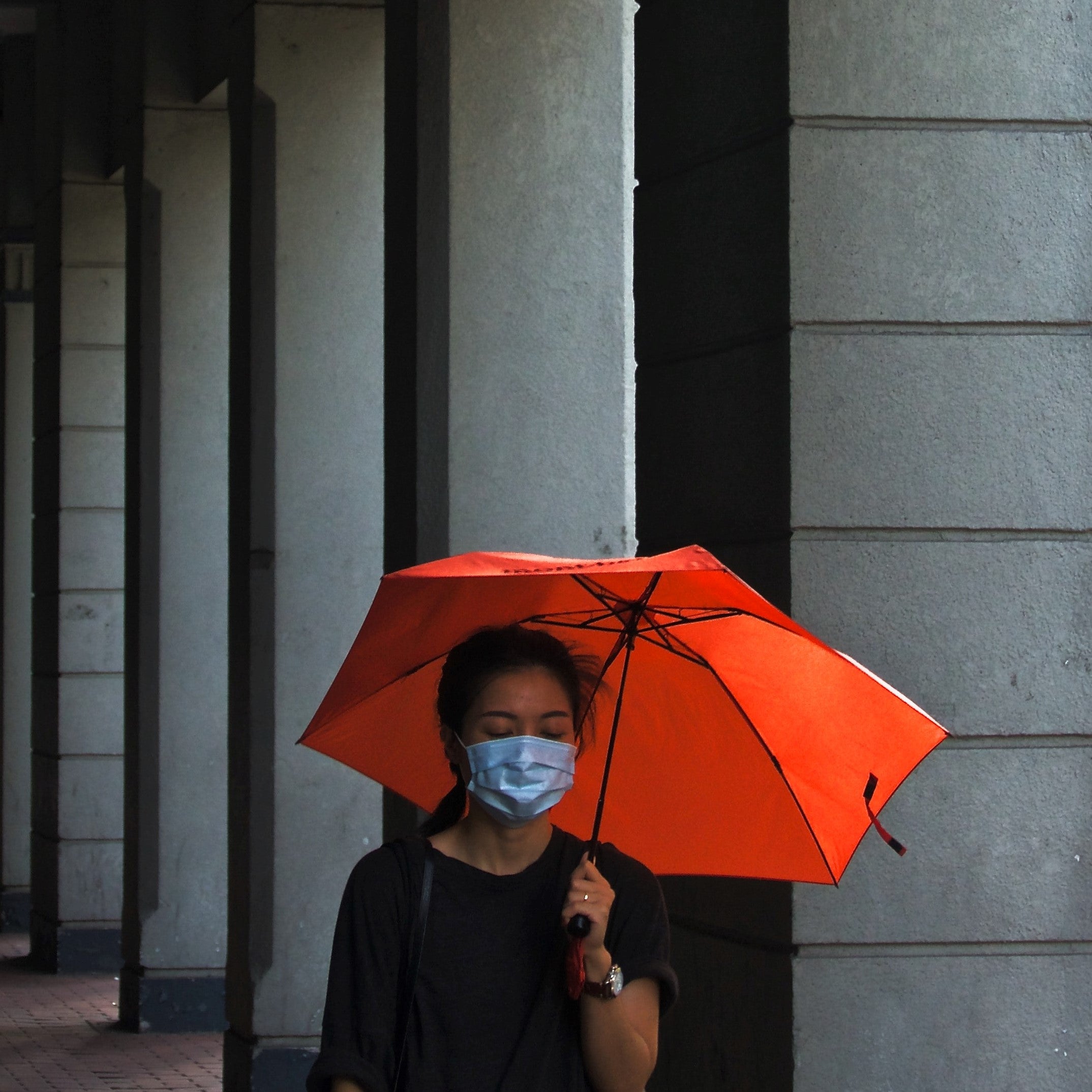
What Are the Different Types of Covid Tests?
Wondering how the different types of Covid tests work?
To start with, there are two types of Covid tests:
- Covid diagnostic tests
- Covid antibody tests
Each of these Covid-19 test types works differently and also uses different samples.
Types of Covid Tests

Testing is one of the crucial ways used by the UK government to contain the Covid-19 infection. But with different Covid tests available, how do you know which one is right for you?
Well, let’s start by explaining the two categories of Covid-19 tests.
Covid-19 diagnostic tests are used to assess if one has an active Covid-19 infection. The two common types of Covid-19 diagnostic tests are the molecular PCR test and the rapid antigen test. The tests can use a saliva sample or nasal and throat swabs as testing samples.
The Covid-19 antibody test is used to assess if a person has had a past Covid-19 infection. The test detects the presence of antibodies in a blood sample, which is an indication of past infection or that one has received a Covid-19 vaccination.
Below is a more detailed look at each of these Covid-19 tests.
What Is PCR Testing?
PCR testing is one of the Covid-19 diagnostic testing techniques. PCR tests use the polymerase chain reaction technique to detect an active infection in a person’s body. The test is usually performed in the laboratory. The molecular test screens for the presence of viral RNA, which is the genetic material that makes up the SARS-CoV-2 virus.
During a PCR test, a nasopharyngeal swab or a throat swab is collected by a healthcare provider. An enzyme is added to the sample to convert the viral RNA to DNA for easy analysis. The DNA is added to polymerase to amplify it. Once there are enough copies of the DNA, it’s now possible for the test to signal the presence or absence of the Covid-19 virus in the sample.
PCR tests are very sensitive and are recognized as the gold standard for Covid-19 testing. But despite their reliability, PCR tests have their weaknesses as they require to be sent to the lab for analysis, meaning they don’t give quick results. False positives are also common with PCR tests, especially among people who have recovered from Covid. This is because the test can signal a positive test result even if it detects even a small amount of the virus, which often happens for those who have already recovered from Covid.
At-home PCR test kits are available, which allow people to collect a sample without the help of a healthcare provider, but these tests require one to carefully follow the sample collection instructions.
What Are Lateral Flow Tests?
Lateral flow tests (LFTs) are viral tests for Covid-19 testing. Just like PCR tests, rapid LFTs such as the Healgen Covid-19 test are diagnostic tests that help test for an active Covid-19 infection. These tests are called rapid tests as they have a quick turnaround time. Rapid antigen tests are also cheaper, making them ideal for mass testing. They’re also easy to use, which is why they’re preferred for home and self-testing.
Unfortunately, what the LFTs gain in speed, they sacrifice in sensitivity. Antigen rapid tests are less sensitive than PCR tests. This means they’re more likely to give false negatives, especially when the testing is done in the early stages of an infection when the viral load is very low.
At-home lateral flow test boxes come with instructions on how to do the test. Part of the instructions will require you to swab the back of your throat or nasal area and collect a sample. The sample is then placed on an absorbent pad which draws it to a test strip that is coated with antibodies. The antibodies will bind to the SARS-CoV-2 antigens if they are present. A coloured line will then form on the result window showing the presence of an infection. The test results of the rapid antigen test are out in 15 to 20 minutes.
When to Use Antibody Tests
The Covid-19 antibody or serology tests check for SARS-CoV-2 antibodies in a sample. When your body is infected with a pathogen such as a virus, it produces antibodies as a defence mechanism. For instance, when you’re infected with Covid-19, your body will produce antibodies to fight off the infection. Serology tests are used to determine if one has ever been infected with the SARS-CoV-2 virus by testing for the presence of these antibodies.
Covid-19 antibody tests are conducted in a healthcare facility. During the test, the healthcare provider will prick your finger to take a blood sample, or they might draw blood from a vein in your arm. A blood sample for an antibody test is preferred to swabs as there is a higher likelihood that there will be higher amounts of antibodies circulating in the blood compared to the respiratory tract. The majority of antibody tests take a few days to process results.
An antibody test isn’t recommended for someone who has an active Covid-19 infection. The test is more effective when used on someone who has already recovered from a Covid infection. It’s usually given two to three weeks after infection as the body usually takes some time to make antibodies. The serology test is also used after a Covid-19 vaccination to check for an immune response.
Notably, antibody tests aren’t an indicator of immunity against future Covid-19 infections. Even if you’re vaccinated, and your antibody test turns out to be positive, it doesn’t mean that you can’t get infected again.
How to Choose the Best for You
If you’re at a loss on which of the three tests to take, here’s a look at situations where each of the tests is best suited to be used.
PCR tests are very reliable when it comes to confirming the presence of infection as they can detect the presence of the SARS-CoV-2 virus even when one has very small amounts of the virus. PCR tests are also best used to check for a Covid-19 infection in people without symptoms.
LFTs are better at identifying a Covid-19 infection in people with symptoms. This is because the test is more likely to miss the Covid-19 virus in the early days of infection when there aren’t enough viral loads in the nasal or throat area. For symptomatic people whose LFTs turn out to be negative, a PCR test is often recommended to confirm the results. Scientists also recommend that a negative antigen test should be repeated at least 48 hours later to confirm the result.
Although the Covid-19 antibody test can’t be used to detect an active infection, it helps provide crucial information on the prevalence of the infection in a country or population. It’s also used to evaluate immune responses in people who have been vaccinated against the virus.
Conclusion
Taking a PCR or a rapid lateral flow test helps to determine if you have a Covid-19 infection at the time of the test. The Covid-19 antibody test is used to check for the presence of antibodies or as proof of a past Covid-19 infection.
If you’re looking for a Covid-19 diagnostic self-test, you can order a FlowFlex Covid test from CovidTests. At-home antigen tests are reliable at detecting the virus and can be used in both symptomatic and asymptomatic people. If your antigen test result turns out to be negative, the NHS recommends that you repeat the test 48 hours after, especially if you have Covid-19 symptoms.



